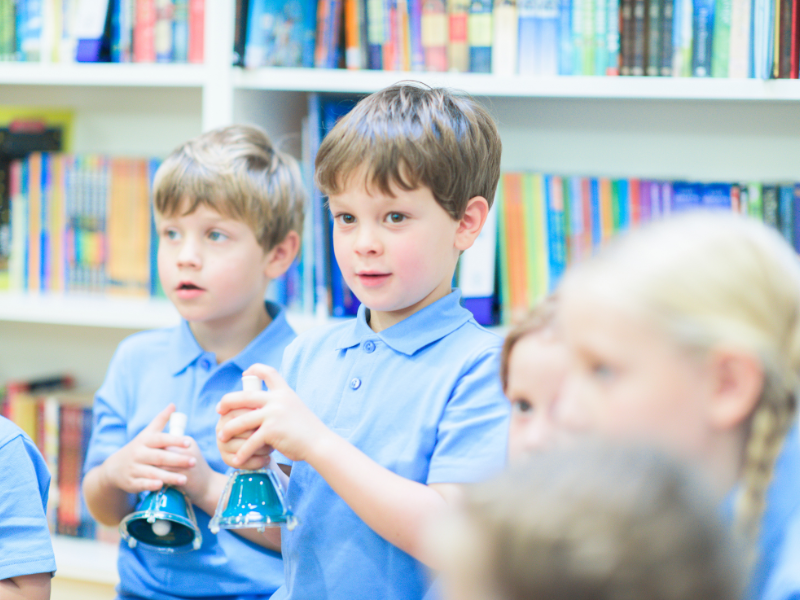
Research Updates

Here at Bigger Better Brains we believe that through educating yourself, you can then educate and affect positive change in your community.
With all of the research in the field of neuromusical science, our BBB Research section serves as a content hub for you. We regularly share findings and break down the latest research to educate and inspire discussion. We hope you enjoy this page on our website and share BBB news with your colleagues, parents and students.
Auditory roots of literacy skills
Here is a great article to take along to your next staff meeting or use as a discussion point with other teachers in your school, particularly if it is a primary or elementary school.
Joint music-making leads to more helping behaviour in 18-month olds
It may seem strange to think of a childcare centre that does not use music in some way. We know about the many cognitive skills that interaction with music can create for your children, but why do we have music in the first place?
Does music participation teach sharing?
Did you know there are many types of sharing? When you stop and think about it, there are many ways we can share a toy or food, but most of the time, as parents or educators, we would say something like “Let’s just be nice and share.”
The sounds we hear can change our brains.
Quite rightly, people who have not had exposure to music education or the impacts on children ask the question “How can one activity do so many things? The answer is that music learning is a package.
When things get noisey do your ears shut down?
Our auditory processing system is possibly our largest information-gathering sense. It keeps us safe and it processes mountains of information without our knowledge. It also never turns off. But, sometimes it gets tired and a bit overwhelmed.
A violinist, vocalist and a non-musician walk into a bar …
I am sure there is a joke in there, but as you think about what it is, you should have a look at this new study. It looked into the differences between auditory processing skills, like auditory memory, and speech in noise.
Sound is an invisible and powerful force
Music is with us every day. Not just what we hear on the radio or our phone, but in the sound landscapes we are surrounded by that include speech.
A Biological Marker of Dyslexia
For quite some time, researchers have been trying to understand the brain mechanisms that result in the condition known as dyslexia. It is a complex puzzle, the kind that researchers love!
“Ringing in the Ears” actually goes much deeper than that
Tinnitus is a fascinating and challenging condition to live with. The reason why it is so fascinating is that it seems to have no point of origin or malfunctioning area, it is a disease that stretches across the brain.
Background music ‘significantly impairs’ creativity
Do you use background music when you are completing a creative task? If you do, do you find that your creative output is better, more innovative or unexpected, or does the background music hinders these outputs?
What do 5 years olds learn in their weekly music lessons?
If you were to look at a standard weekly timetable for a kindergarten class, you would hopefully see at least one music learning class. This study looked at the regular 40-minute weekly sessions of music learning for kindergarten.
Music trains the brain to “hear”
This study looked at children using cochlear implants between the age of 6-9 years due to prelingual sensorineural hearing loss.





















